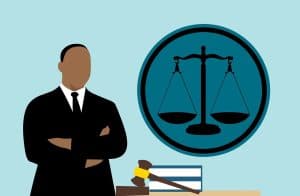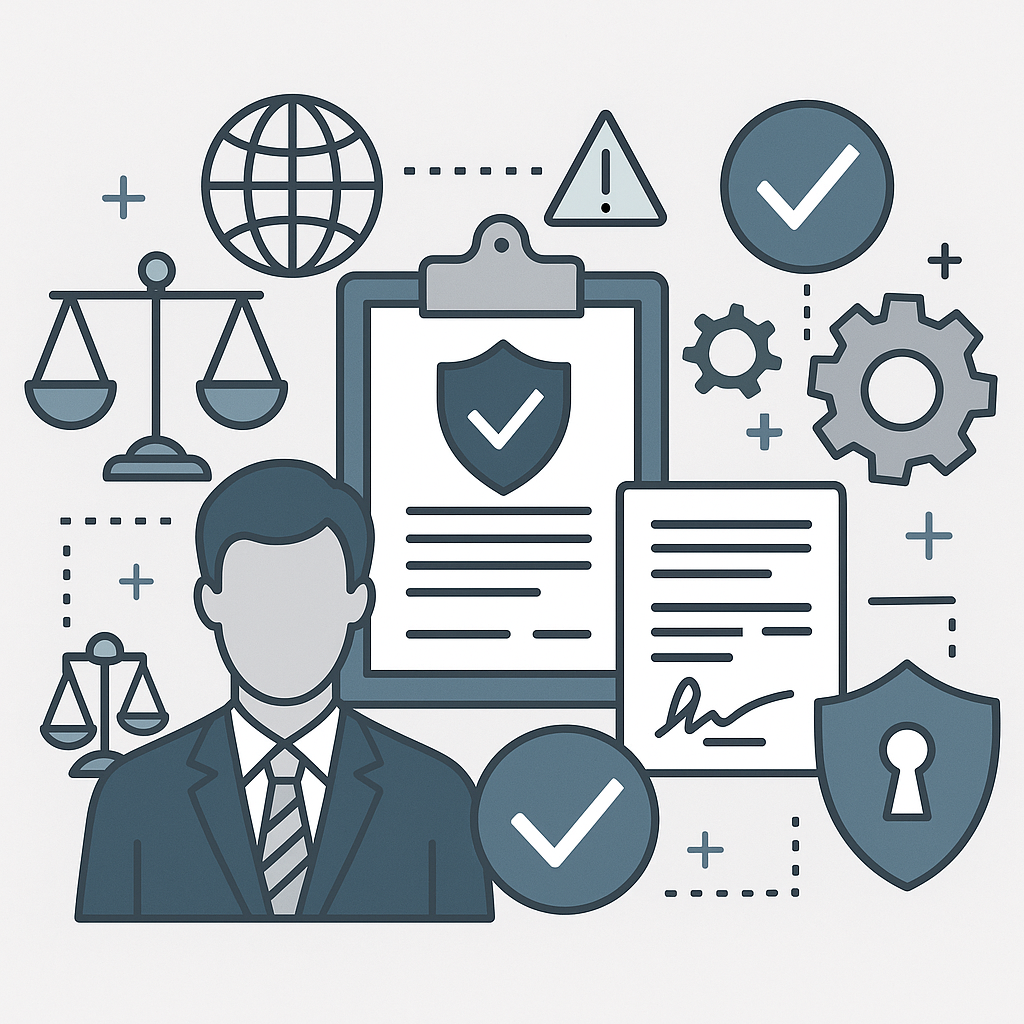Facing assault charges can be daunting and stressful. If you or a loved one finds yourself in this situation, hiring a competent lawyer is crucial. A skilled lawyer can help you navigate the complexities of the legal system, build a robust defense, and potentially reduce or dismiss charges.

They can provide valuable guidance and support throughout the legal process, protecting your rights. Their expertise can significantly impact the outcome of your case, giving you the best chance for a favorable resolution. This article tells you what to expect when hiring acriminal lawyer for assault charges.
Understanding Assault Charges
Assault charges can vary significantly depending on the jurisdiction and the specifics of the incident. Generally, it involves intentionally causing apprehension of harm to another person, and it can range from simple assault (threatening someone without physical contact) to aggravated assault (causing serious bodily injury with a weapon). Knowing the nature of your charges is the first step in preparing your defense.
The Importance of Legal Representation
Why is it so crucial to have a lawyer when facing assault charges? Simply put, the legal system is complex, and the stakes are high. A criminal conviction can lead to severe consequences, including fines, imprisonment, and a permanent criminal record that can affect your future employment and personal relationships. A lawyer’s expertise in criminal law can make a significant difference in the outcome of your case.
Choosing the Right Lawyer
Selecting the right lawyer is perhaps the most critical decision you’ll make. Here are a few factors to consider:
- Experience and Specialization: Ensure the lawyer specializes in criminal defense and has experience with assault cases. Their track record can give you insight into their capability.
- Reputation: Research reviews, ask for referrals, and check with your local bar association to ensure the lawyer has a good standing and reputation.
- Communication: You need a lawyer who communicates clearly and is accessible. Effective communication is key to a successful defense.
Initial Consultation: What to Ask
The initial consultation is your opportunity to assess whether a lawyer is a right fit for your case. Here are some questions to consider asking:
- What is your experience with assault cases?
- What are the possible outcomes of the case?
- What is your strategy for defense?
- How will you communicate, and how often?
- What are your fees, and what is included?
This meeting will help you gauge their expertise, confidence, and compatibility with you.
Legal Fees and Payment Structures
Legal representation can be costly, but understanding the fee structure can help you plan. Lawyers typically charge in one of three ways:
- Hourly Rate: You pay for the time the lawyer spends on your case. This can vary widely based on the lawyer’s experience and location.
- Flat Fee: A single, upfront payment that covers the lawyer’s services for the entire case.
- Retainer: An advance payment that covers a portion of the lawyer’s services, with additional costs billed as they arise.
Discussing and understanding these fees upfront can prevent financial surprises later on.
Building Your Defense Strategy
Once you’ve hired a lawyer, the next step is to build your defense strategy. This involves:
- Gathering Evidence: Collecting police reports, witness statements, medical records, and any other relevant documents.
- Investigating the Incident: Your lawyer may conduct their own investigation, including interviewing witnesses and gathering additional evidence.
- Developing a Defense: Depending on the specifics of your case, defenses might include self-defense, lack of intent, or proving that the incident didn’t occur as described.
Navigating the Legal Process
The legal process can be lengthy and involves several stages:
- Arraignment: Your first court appearance where charges are read, and you enter a plea.
- Pre-Trial Motions: These can involve requests to dismiss the case, suppress evidence, or other legal arguments.
- Discovery: Both sides exchange evidence and information.
- Plea Bargaining: Negotiations that can result in a reduced charge or sentence in exchange for a guilty plea.
Your lawyer will guide you through each step, ensuring you understand what’s happening and what to expect.
Court Appearances and Trials
If your case goes to trial, it’s essential to be prepared. Trials involve several phases:
- Jury Selection: Choosing impartial jurors to hear the case.
- Opening Statements: Both sides outline their cases.
- Presentation of Evidence: Witnesses testify, and evidence is presented.
- Closing Arguments: Both sides summarize their cases.
- Jury Deliberation and Verdict: The jury decides your guilt or innocence.
Your lawyer will represent you throughout this process, presenting your defense and challenging the prosecution’s case.
Potential Outcomes and Sentencing
The outcome of your case can vary:
- Acquittal: Being found not guilty.
- Conviction: Being found guilty, which leads to sentencing.
- Dismissal: The charges are being dropped.
If convicted, sentencing can range from fines and community service to imprisonment. Your lawyer will work to achieve the best possible outcome, including arguing for leniency in sentencing.
Post-Trial Considerations and Appeals
If the verdict is not in your favor, you may have the option to appeal. This involves a higher court reviewing the trial’s proceedings to ensure there were no legal errors. Appeals can be complex and require a skilled lawyer to navigate.
Tips for Working with Your Lawyer
To maximize the effectiveness of your defense, consider these tips:
- Be Honest: Provide all the details of the incident, even if they seem unimportant or embarrassing.
- Stay Informed: Ask questions and stay engaged in your case.
- Follow Advice: Trust your lawyer’s expertise and follow their recommendations.
Hiring a criminal lawyer for assault charges is a critical step in protecting your rights and future. By understanding what to expect and working closely with your lawyer, you can navigate the legal system more effectively and strive for the best possible outcome in your case.






